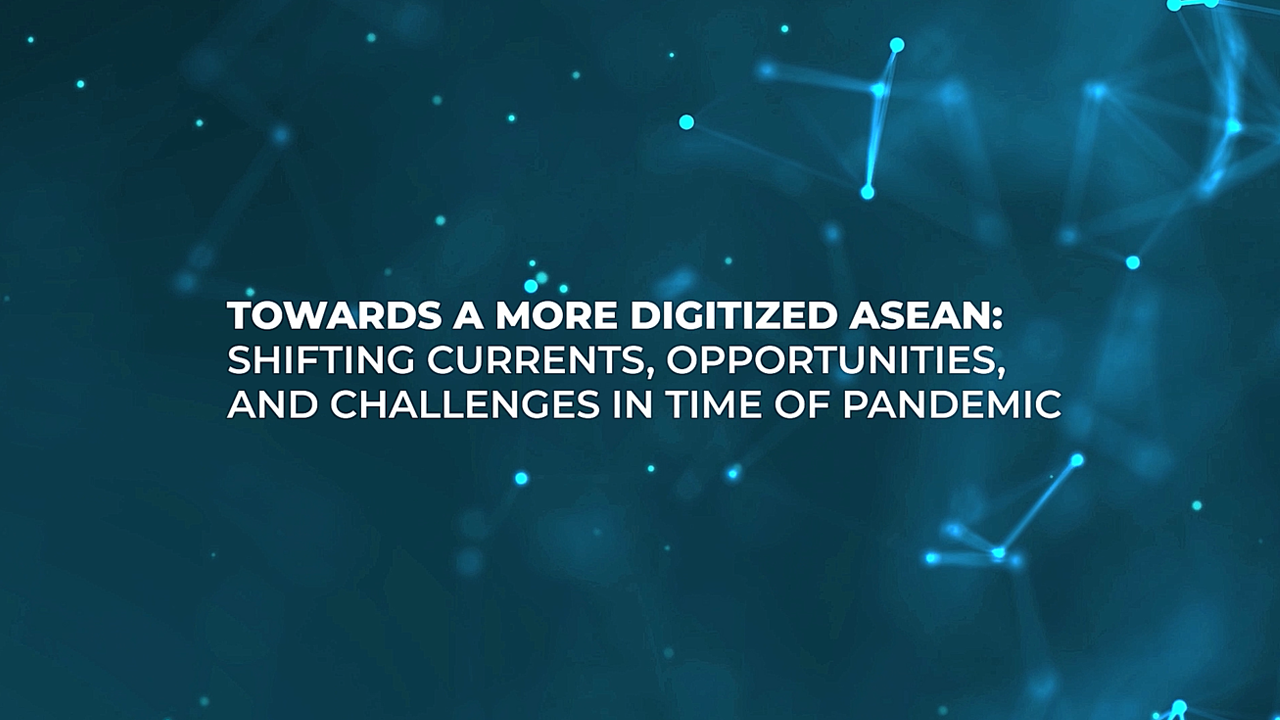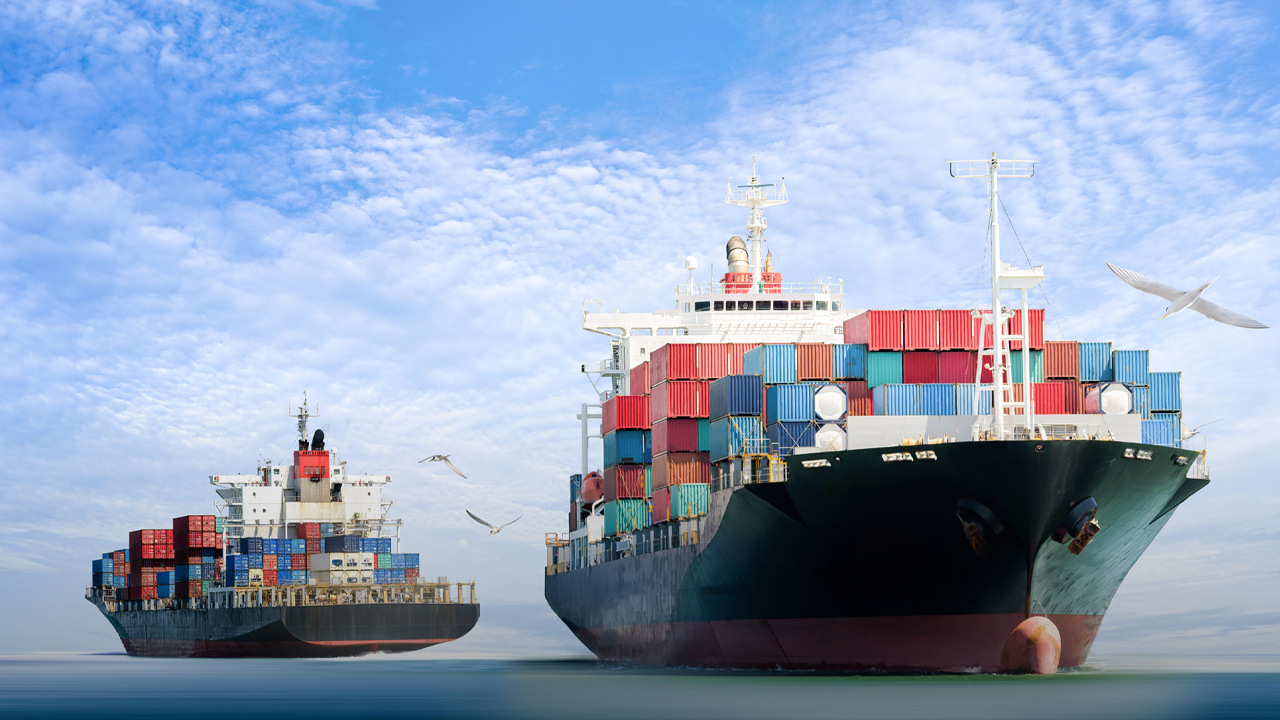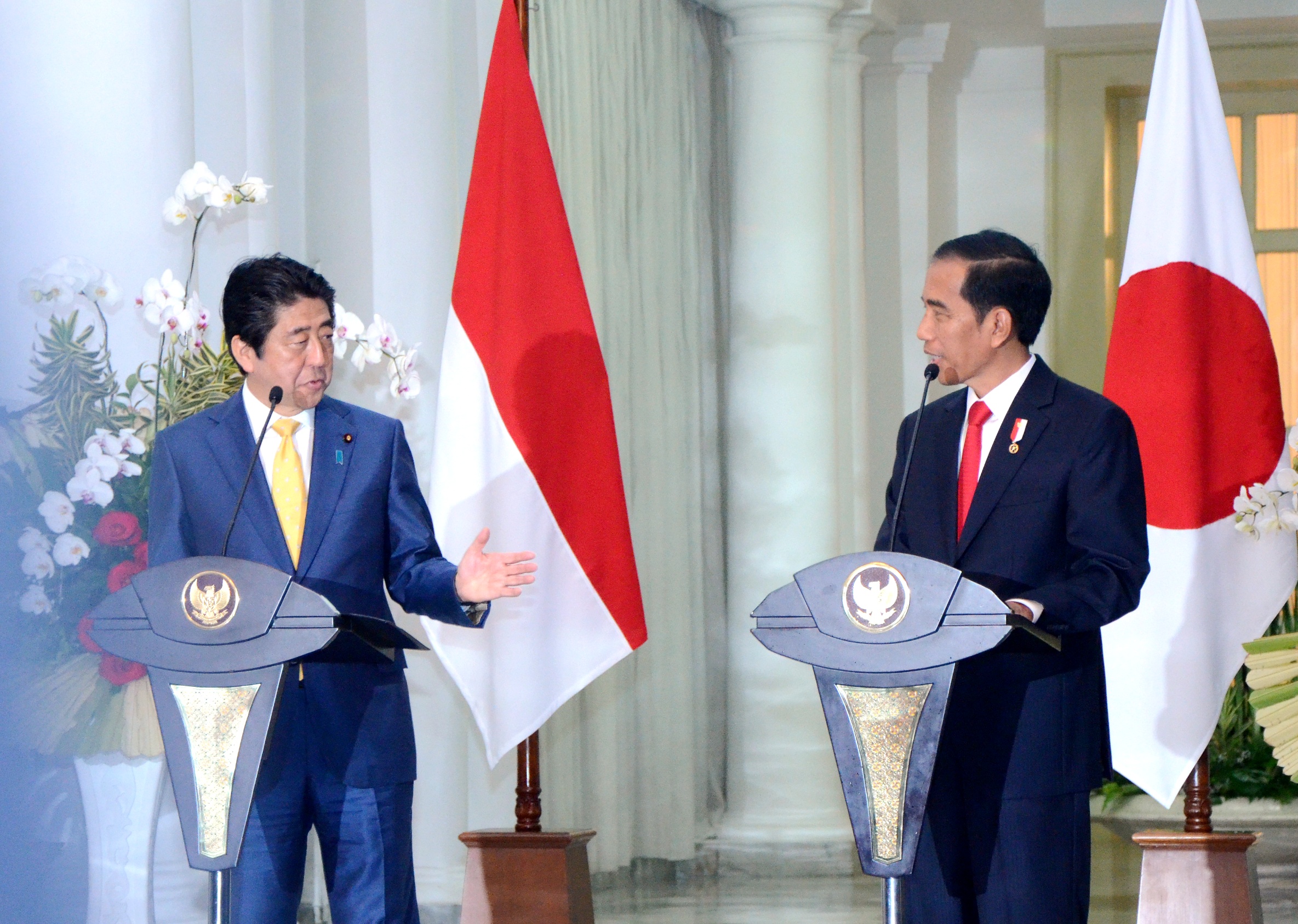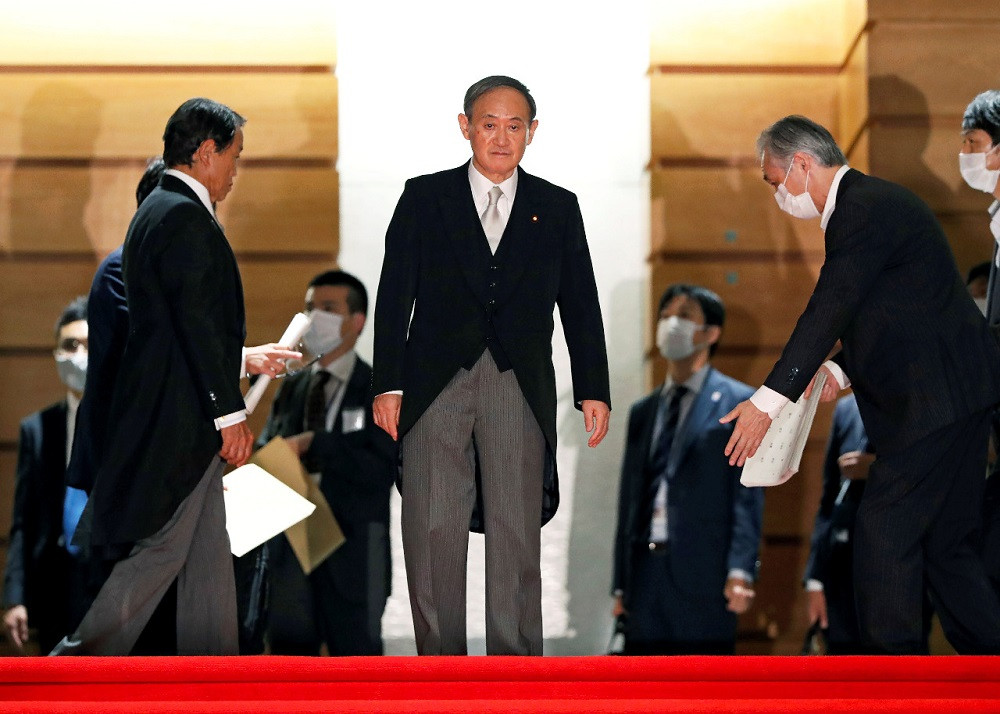As if COVID-19 and the economic recession were not enough, the world today has to bear with a wrangle between France and the Islamic world, sparked by controversy over President Emmanuel Macron’s recent statements about Islam. Macron made his comments after the gruesome beheading of French teacher Samuel Paty, who had shown a cartoon of Prophet Muhammad to his students as part of a class discussion.
Continue readingFPCI-Huawei Virtual Public Forum “Towards A More Digitized ASEAN: Shifting Currents, Opportunities, and Challenges in Time of Pandemic”
COVID-19 has reinforced the strategic role of Information and Communications Technology (ICT) in navigating regional resilience in a time of crisis. The pandemic demonstrated the use of technology in practice to keep business, governments, and societies running. However, every country has a different capacity in utilizing ICT to respond to COVID-19. How does ASEAN address this ‘digital gap’? How does the Master Plan of ASEAN Connectivity 2025 help in strengthening digital connectivity in the region? How has COVID-19 shifted the digital landscape in Southeast Asia thus far? What are the key challenges in transforming towards a more digitized community?
Continue readingRCEP: What’s Inside the Agreement and Will It Change the Region’s Economic Future?
After almost a decade in the making, the world’s largest free-trade bloc has finally been finalized in the direst of times. As the world faces an economic recession, RCEP delivers new hopes for its signatories to rebuild better, and most importantly, bounce back stronger in overcoming the threats posed by the pandemic. Bringing together major players of Southeast Asia, Asia Pacific, and Oceania, the signing of this historic pact indicates that countries are searching for hope in surviving the pandemic through multilateralism.
Continue readingFPCI – Global Town Hall 2020 – Rebuilding From The COVID-19 World
Global Town Hall is a 15-hour marathon discussion where world leaders and high-level experts will discuss on the theme, “Rebuilding from the COVID-19 World.” The conference will discuss the state of the world beset by the COVID-19 crisis, evaluate policy challenges and lessons learned, and gather ideas for future direction, especially in terms of how to rebuild the world economically, socially, environmentally, diplomatically and even geopolitically. Global Town Hall is organized by a consortium of 12 reputable think-tanks from around the world and will be watched by a global audience.
Continue readingOn Distance and Synchronicity in the ‘New World’ – by Dr. Yaroslav Lissovolik
The current pandemic may well engender longer lasting and more fundamental social and economic effects, such as risk-aversion and the shift from “mass culture” to that of the “revolt of isolationism”. In the economic sphere one of the implications of the current crisis may be greater investment into “social distancing” undertaken in areas such as transportation, education, retail trade, restaurants and catering, etc. The sudden transformation of demand resulted in the emergence of qualitatively “new demand” that remains largely unsatisfied, along with the disappearance of sizeable tracts of “old consumer demand”.
Continue readingEnvisioning a Brighter Post-Pandemic Global Relations – by H.E. Nadjib Riphat Kesoema
All nations of the world are awaiting the end of the COVID-19 pandemic. Needless to say, it seems that the coronavirus will stay with us for a long time to come. This pandemic has taken more than one million lives and affected more than 40 million individuals. It is an unprecedented period where leaders of the world race to create strategies to protect their nation against further spread of the disease – a time where governments are pushed into crisis management mode, struggling to maintain the delicate balance between saving lives and livelihoods. A period requiring, more than ever before, solid engagement, communication, cooperation and sharing of ideas between nations to prepare for post-pandemic economic and social recovery.
Continue readingASEAN-China Survey 2020 Report
In welcoming the 30th anniversary of the ASEAN-China relations next year, FPCI Research & Analysis department conducted a public survey about the ASEAN-China relationship from June until October 2020. The survey is titled “ASEAN-China Survey 2020: Assessing the Present and Envisioning the Future of ASEAN-China Relations.” The survey involved 1000 respondents from 10 ASEAN Member States and coming from five segments of the general public: government officials, academia, business community, civil society, and students.
Continue readingAfter Abe, Opportunities Loom for Japan-Indonesia Relations – Opinion by Noto Suoneto & Birgitta Riani
Earlier this month, Japan’s ruling Liberal Democratic Party (LDP) selected Suga Yoshihide to replace the outgoing Prime Minister Abe Shinzo, following his resignation due to ill health. With Abe’s sudden exit in the throes of a global pandemic, the appointment of Suga, who took office on September 17 after serving as Abe’s chief cabinet secretary throughout his second term, is the LDP’s means of ensuring a degree of continuity on Abe’s major policy initiatives. Suga has himself made this bias for stability explicit, vowing to maintain the tenets of “Abenomics” in economic policy, and continue the country’s coronavirus measures.
Continue readingThe outlook of Indonesia-Japan relations under PM Suga – Opinion by Noto Suoneto & Birgitta Riani
Japan has elected Yoshihide Suga the new prime minister, replacing Shinzo Abe who resigned amid a global pandemic. Suga’s appointment is the ruling Liberal Democratic Party’s way to ensure continuity of Abe’s major policies. Suga himself has shown his keenness toward stability, vowing to maintain the ongoing Abenomics economic policy and coronavirus response during his campaign.
Continue readingHalo, @China! Video Competition
In celebration of the 70th anniversary of Indonesia-China bilateral relations, Foreign Policy Community of Indonesia and the Embassy of the People’s Republic of China in Jakarta has launched a nationwide online video competition titled “Halo, @China! Video Competition”, which reflects the start of a conversation between Indonesians and a (virtual) Chinese audience.
Continue reading








